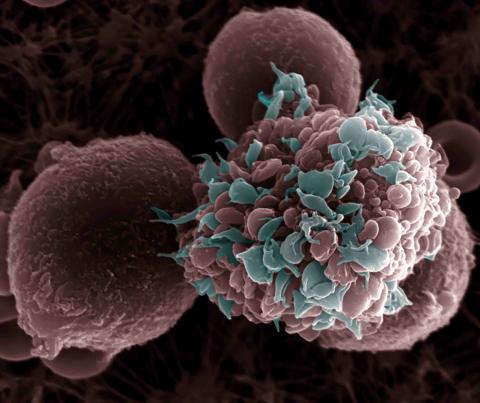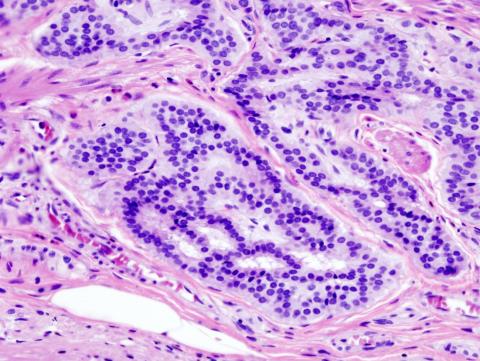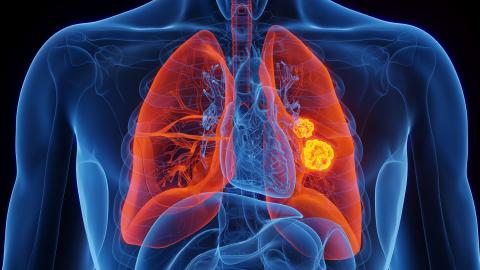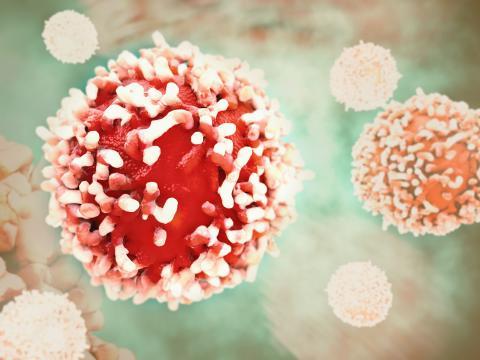Aragón Health Research Institute
If you are the contact person for this centre and you wish to make any changes, please contact us.
ARAID researcher and head of the Molecular Oncology Group at the Aragón Health Research Institute (IIS Aragón)
Professor at the Faculty of Medicine of the University of Zaragoza, head of the Digestive Service of the Hospital Clínico Universitario Lozano Blesa of Zaragoza and scientific director of the Instituto de Investigación Sanitaria de Aragón (IIS Aragón)

A team led by the Spanish National Cancer Research Centre (CNIO) has shown in mice that a high-fat diet increases metastasis in triple-negative breast cancer, which has the worst prognosis. In addition, it has identified several of the mechanisms that would explain this, such as the activation of platelets and coagulation, which would help the tumour hide from the body's defences and prepare the so-called ‘pre-metastatic niche’. According to the researchers, who published the results in Nature Communications, ‘this mechanism could be extrapolated to other tumour types and other organs’. The results suggest that ‘dietary intervention, together with the control of platelet activity, may increase the efficiency of certain anti-tumour treatments’.

An international team has found that aspirin is capable of reducing the appearance of metastasis in mice, by enabling the activation of T lymphocytes capable of recognising tumour cells. The research showed that several different mouse cancer models — including breast cancer, colon cancer and melanoma — treated with aspirin showed a lower rate of metastasis in other organs, such as the lungs and liver, compared to untreated mice. According to the authors, who publish the results in the journal Nature, ‘the finding paves the way for the use of more effective anti-metastatic immunotherapies’.

The HTAN (Human Tumor Atlas Network) consortium is simultaneously publishing 11 papers in different journals of the Nature group. These include analyses of the architecture of tumors and their environment in more than 2,000 patients and twenty different locations, which will make it possible to study how they start and evolve. Among the novelties found are new clues about the development of metastasis and resistance to treatments, and the finding that colorectal cancer can arise from multiple cells with different mutations that act collectively, instead of from a single initial clone as previously thought.

Seven studies published in Nature and Nature Medicine look at how lung cancer evolves, with genomic studies of more than 1,600 tumour samples taken from 421 patients in the TRACERx project. The research includes the most common type of lung cancer (NSCLC) and assesses why tumours sometimes recur, spread to other parts of the body or the effects of platinum-based chemotherapy.

Research to be published in the journal Nature identifies and characterizes the cells responsible for relapse in colon cancer. In addition, it proposes revising clinical guidelines and administering immunotherapy before surgery to try to avoid them